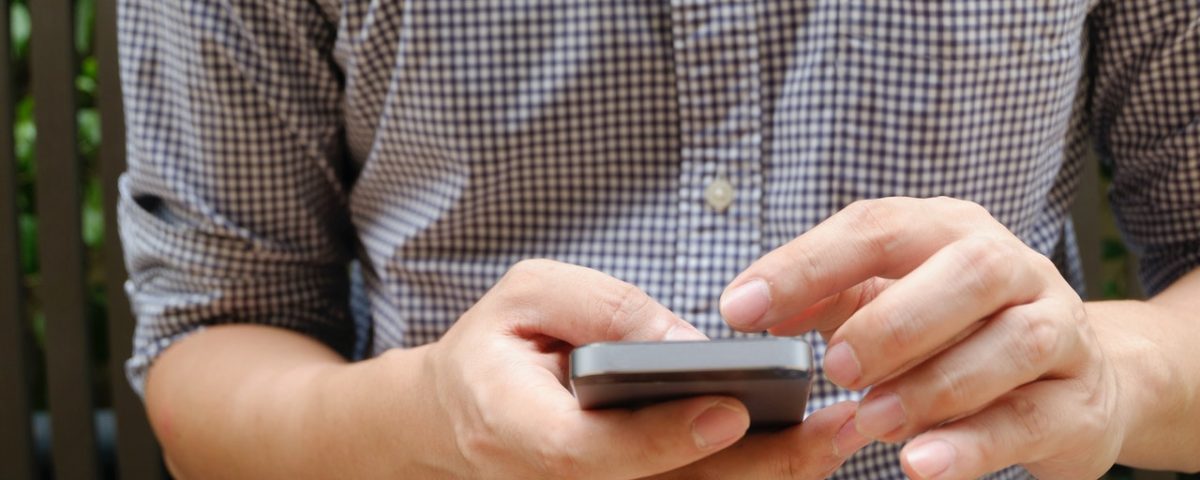
Relationship Roadtrip (Ep. 37)
November 4, 2020
Relationship Roadtrip (Ep. 38)
November 11, 2020Regardless of where you are on the political spectrum, most of us can agree that things are pretty tough right now. Civil unrest around the world has hit new heights, there’s a global pandemic, and political opinion is more polarized than ever before. We’ve also started using social media more during the pandemic; Twitter usage has jumped 24%.
This perfect storm of challenging news has created a new phenomenon known as “doomscrolling,” something you may engage in even if you haven’t heard of it. Doomscrolling can have pretty serious effects on your mental health! Let’s discuss it in an effort to understand its causes and curb its effects.
What Is Doomscrolling?
Stop us if you’ve done this before: you crawl into bed late at night and pull out your phone. You figure you’ll check Twitter or Facebook one last time. Suddenly you’re hit with some dreadful news: coronavirus cases have spiked. Someone important died. The rainforest is burning.
You feel anxiety creeping in. You keep scrolling, desperate to learn more, to see if there’s any relief in sight. But your feed just offers you more snippets of bad news, of impending doom. You’ve started doomscrolling, and you’re in for a rough night.
Why Is It So Tempting?
Doomscrolling is an incredibly easy habit to fall into. For one, we have been socially conditioned to equate bad news as the most important news.
As a responsible citizen and/or a curious person, you feel a natural need to know what’s happening. So when there are a lot of bad things happening, you’ll naturally want to spend more time learning about them.
For the same reason, bad news often galvanizes you in ways that good news does not; the fight or flight response, in particular, is a powerful emotion. It makes you hypervigilant, therefore increasing your tendency to scan for more danger.
How Can You Stop It?
The number one thing you can do to stop doomscrolling is to change your habits. Easier said than done, right? But even something like a timer can help, giving you a firm timeline for when you have to just log off.
You can also set a firm cutoff point in the night for no longer using your phone. At say, 9:30, plug it in, turn on do not disturb, and put it somewhere else out of reach in the room. Consider not even bringing your phone into your bedroom – it can charge somewhere else. Watch a relaxing show on TV instead, or read rather than scroll to fall asleep.
Better yet, take a few moments to journal about the things you were grateful for that day. These could be experiences or interactions with others or accomplishments. The only parameter is they happened that day. You will sleep much better after rehearsing the good things that happened that day.
Finally, counterbalance the vicious cycle of doomscrolling with positive cycles. Fill your days (and nights, if possible) with other things that bring you joy: hobbies, time with friends and family (even virtually). If you have more to look forward to in life, the harder parts of reality will go down a bit easier!
If you or someone you love could benefit from therapy, contact Azevedo Family Psychology today! Together, we can create a life worth celebrating.




